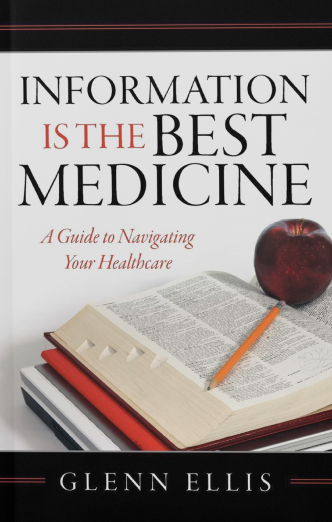It is undeniable that drugs do save lives, but few prescription medications are completely free of risks or side effects. Naturally, the more drugs that are taken at the same time, the greater the risk of adverse interactions and potentially devastating side effects.
People 65-years and older are the largest consumers of prescription and nonprescription medications in America. The Centers for Disease Control and Prevention (CDC) notes that although the 65-and-over age group makes up only 15% of the U.S. population, they account for nearly one-third of drug prescriptions. And drug use by the elderly is expensive. According to Medicare, each senior currently averages 28.5 new prescriptions and refills per year at a cost of $42.30 per drug.
As we get older, our use of medicines will often increase as we treat ailments that often occur as a result of aging.
Medicines are taken to ease, control or cure ailments. They are effective and safe if used correctly.
However, elderly people can be at increased risk from medicines for various reasons:
As a result of these natural changes associated with aging, prescription medications can affect the elderly in some very specific ways:
Brain and nervous system
Eyesight
Bones and joints
Mobility
Swallowing
Here is some information on some specific categories of medications commonly prescribed for seniors:
Diuretics (sometimes called water tablets)
Diuretics are used most commonly to treat high blood pressure. They are also used to treat conditions such as heart failure and cirrhosis of the liver, in which they remove excess fluid that has been retained in the body.
Diuretics are designed to draw water out of the body, which means you may need to go to the toilet more frequently. For this reason, try to make sure you can easily get to a toilet quickly.
It is usually best to take diuretics in the morning to avoid disturbing your sleep with trips to the toilet at night.
Another possible side effect of diuretic medication is it can cause a drop in your blood pressure when you get up from lying down or sitting. This may make you feel dizzy or light-headed.
If you find this is a problem, get up slowly. If you do start to feel light-headed, sit or lie down until the symptoms pass.
Because the aim of diuretic medication is to remove fluid from the body, you should try not to counter its effect by drinking too much. Just drink enough to satisfy your thirst.
Some forms of diuretic medicine also remove salts (potassium and sodium) from the body. For this reason, your doctor may want to monitor your levels of these salts using a blood test.
Painkillers
Pain and stiffness in the back and joints is common in old age. Many stronger painkillers such as morphine cause constipation as a side effect, so a laxative may also be needed.
Aspirin and non-steroidal anti-inflammatory drugs (NSAIDs) such as ibuprofen, naproxen and others can cause bleeding from the stomach or bowel.
Elderly people are at particular risk from this side effect, particularly those with heart and kidney problems.
More than one NSAID should not be taken at the same time. If you’ve been prescribed an NSAID by your doctor, you should not buy aspirin, ibuprofen, or naproxen over the counter to take as a painkiller as well. Ask your pharmacist for advice when buying painkillers.
Talk to your doctor or pharmacist if painkillers do not provide effective relief.
Older people often take a handful of pills every day. Some are prescribed to treat side effects from other medications. Far too many senior citizens may be overmedicated. In some cases this can lead to depression, confusion or a false diagnosis of dementia.
If you think you, your parent, or other elderly loved one, is overmedicated, you have every reason to be concerned. But the last thing you should consider doing is stopping the medication!
Only a doctor can tell you whether you or your older relative is suffering from medication side effects or from an actual disease.
